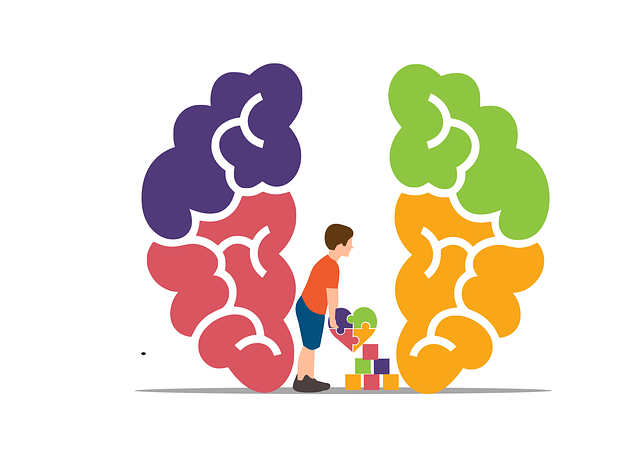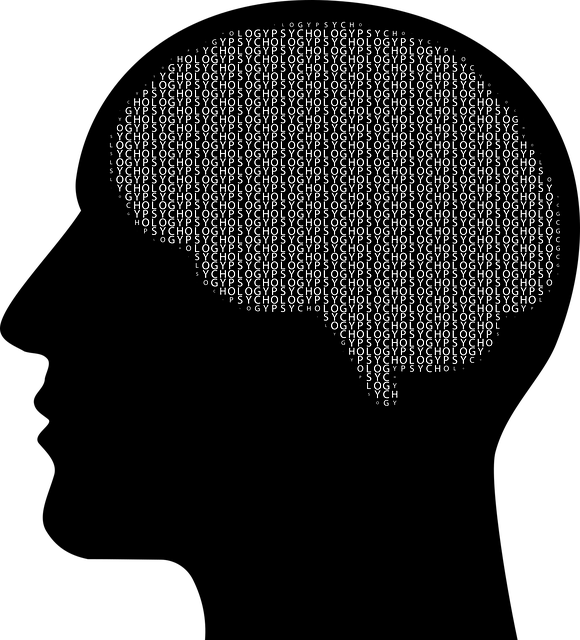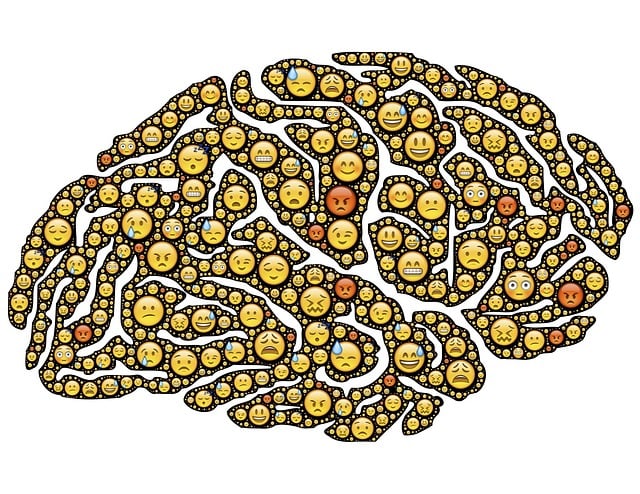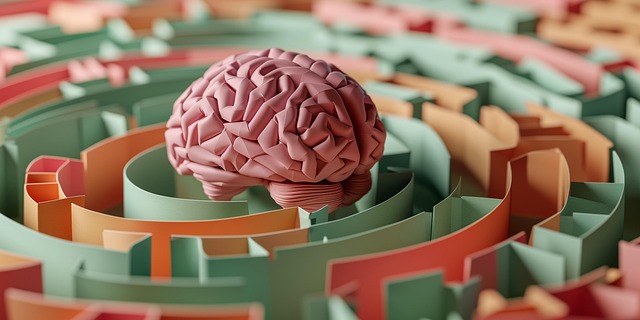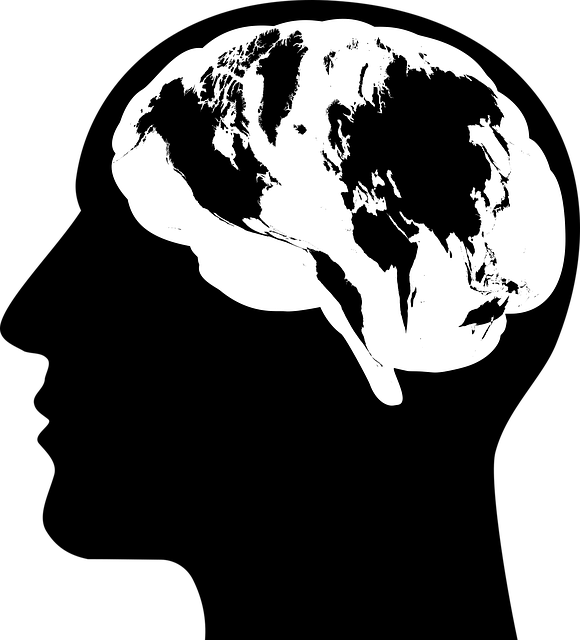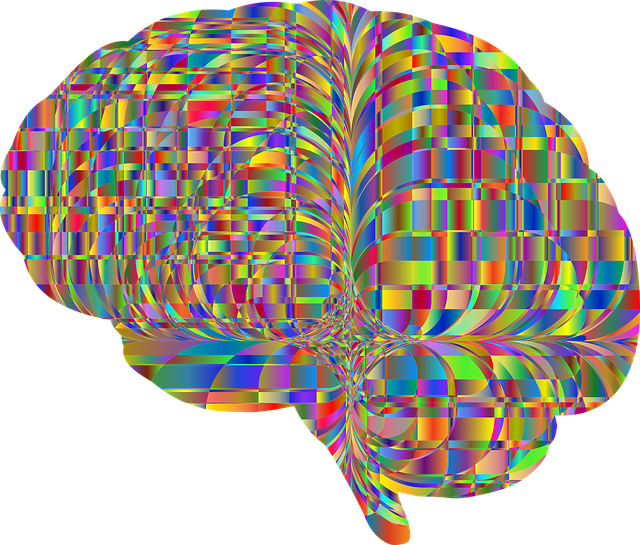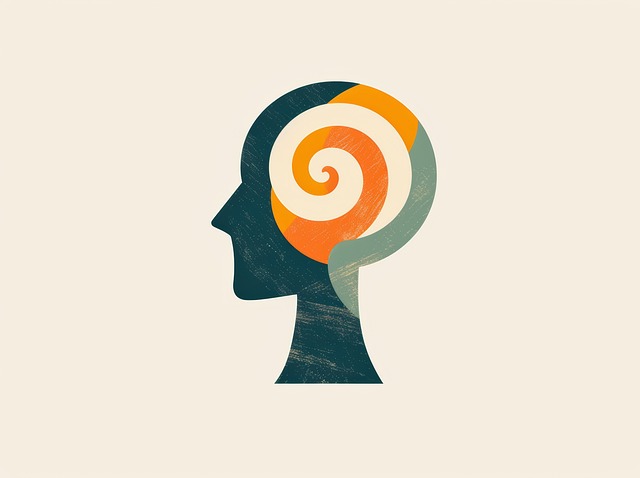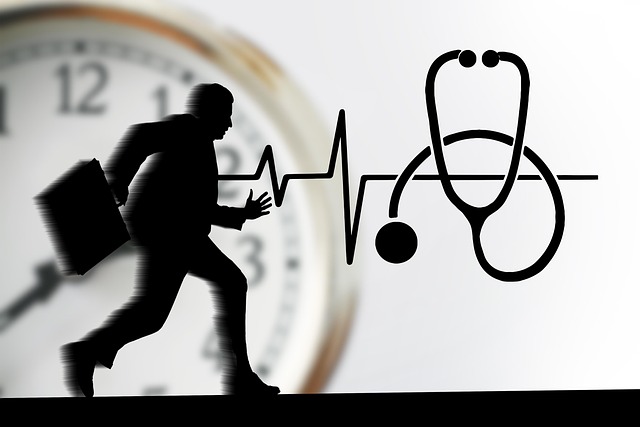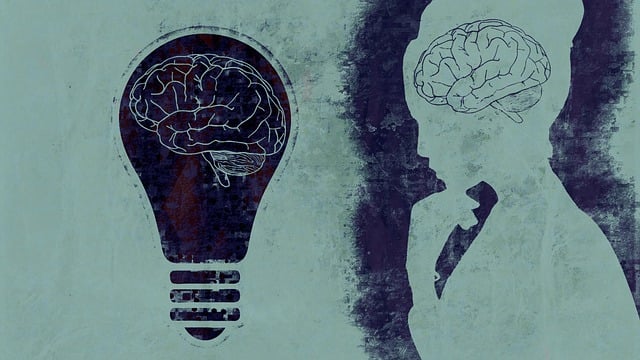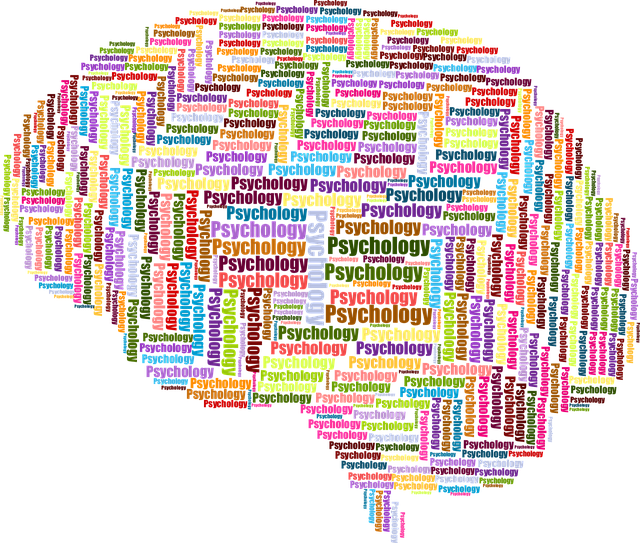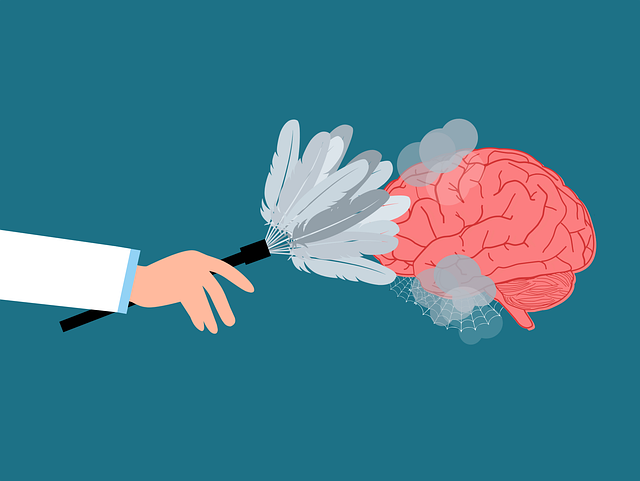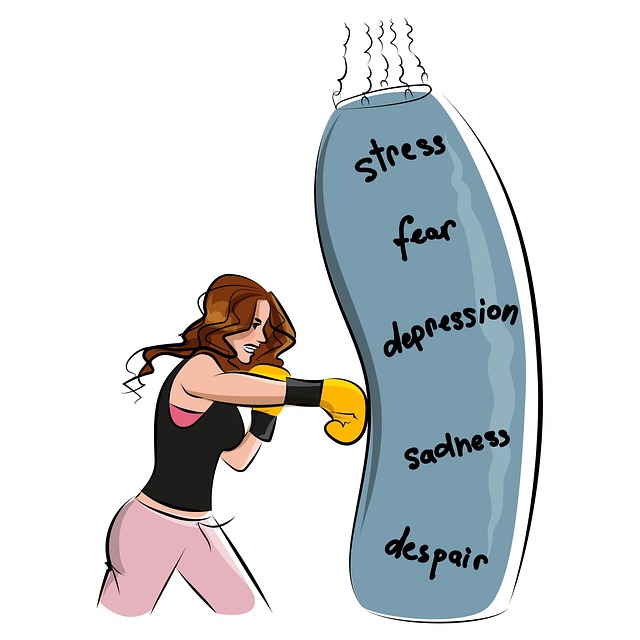Adolescent anxiety, triggered by academic pressure, social interactions, and transitions, manifests physically and emotionally. Effective management strategies include mindfulness-based therapies, cognitive behavioral therapy (CBT), biofeedback, and lifestyle adjustments. Biofeedback, a non-invasive therapy using sensors for real-time physiological feedback, teaches teens to regulate responses. CBT targets negative thought patterns through structured sessions combined with biofeedback. Mindfulness and meditation focus on present-moment awareness and relaxation techniques, reducing stress. A holistic approach involving physical activity, balanced diets, and sleep, alongside strong social relationships, supports overall well-being and anxiety management for adolescent teens, emphasizing therapy like biofeedback for symptom control.
Anxiety among adolescents is a prevalent concern, but effective management techniques can significantly improve their well-being. This article explores various strategies tailored for teen anxiety, from understanding common triggers and symptoms to exploring evidence-based therapies like Cognitive Behavioral Therapy (CBT) and biofeedback. We also delve into mindfulness practices, lifestyle adjustments, and the importance of support systems in fostering resilience against anxiety, offering a comprehensive guide for parents and caregivers supporting anxious teens.
- Understanding Adolescent Anxiety: Common Triggers and Symptoms
- The Role of Biofeedback in Anxiety Management for Teens
- Cognitive Behavioral Therapy (CBT): A Step-by-Step Guide
- Mindfulness and Meditation Techniques to Calm Anxious Minds
- Lifestyle Changes and Support Systems for Overcoming Anxiety
Understanding Adolescent Anxiety: Common Triggers and Symptoms

Adolescent anxiety is a growing concern, with many teens experiencing symptoms that can significantly impact their daily lives. Common triggers for anxiety in this age group include academic pressure, social interactions, and transitions to new environments. The symptoms can range from physical manifestations like restlessness, fatigue, and headaches to emotional distress such as excessive worry, irritability, and difficulty concentrating.
One effective approach to managing adolescent anxiety is therapy, specifically mindfulness-based or cognitive behavioral therapies. Biofeedback techniques have also proven beneficial, teaching teens how to regulate their physiological responses to stressful situations. By combining these therapy types, adolescents can learn emotional well-being promotion techniques that help in anxiety relief and even depression prevention, fostering a healthier mental state.
The Role of Biofeedback in Anxiety Management for Teens

Biofeedback is a powerful tool in the arsenal of anxiety management techniques for teens. This non-invasive therapy empowers young individuals to gain control over their physiological responses, offering them a practical way to manage and reduce anxiety symptoms. Through sensors attached to various parts of the body, biofeedback provides real-time data on bodily functions like heart rate, muscle tension, and skin conductance. Teens can learn to recognize these cues and make necessary adjustments to bring their bodies back to a state of calmness and relaxation.
Incorporating mental wellness practices into biofeedback sessions further enhances its effectiveness. By teaching teens mindfulness techniques, breathing exercises, and stress management skills alongside biofeedback, they develop comprehensive strategies for dealing with anxiety. Such holistic approaches not only help in the short term but also foster self-esteem improvement and better emotional regulation over time, contributing to overall mental health education programs design.
Cognitive Behavioral Therapy (CBT): A Step-by-Step Guide

Cognitive Behavioral Therapy (CBT) is a powerful tool in the arsenal of anxiety management techniques, particularly tailored for adolescent teens facing this common mental health challenge. This evidence-based therapy focuses on identifying and modifying negative thought patterns and behaviors that contribute to anxiety. CBT teaches individuals to recognize distorted thinking and replace it with more realistic, balanced thoughts, effectively reducing anxious symptoms.
The process begins with a comprehensive risk assessment, essential for mental health professionals to understand the teen’s unique situation. Through structured sessions, teens learn coping strategies such as relaxation techniques, challenging negative thoughts, and gradual exposure to feared situations. Biofeedback is often integrated, helping individuals gain awareness of their physiological responses to anxiety and teaching them control over these reactions. By combining these CBT elements with emotional well-being promotion techniques, mental health professionals can effectively support adolescent teens in managing and overcoming anxiety disorders, fostering a more balanced and fulfilling life.
Mindfulness and Meditation Techniques to Calm Anxious Minds

Mindfulness and meditation have emerged as powerful tools to combat anxiety, especially for adolescent teens seeking therapy. These techniques encourage individuals to focus on the present moment, observing their thoughts and feelings without judgment. By training the mind to remain grounded in the here and now, one can break free from the cycle of anxious ruminations. Mindfulness practices often incorporate deep breathing exercises that activate the body’s relaxation response, reducing stress levels.
Incorporating mindfulness into daily routines can significantly enhance resilience-building skills. Meditation allows teens to develop a greater sense of self-awareness, helping them recognize and manage their anxiety symptoms effectively. Additionally, biofeedback techniques, a form of therapy for adolescent teens, combine mindfulness with real-time feedback from the body’s physiological responses, further empowering individuals to take control of their mental health. This holistic approach not only addresses immediate anxiety but also contributes to long-term depression prevention by fostering confidence boosting strategies.
Lifestyle Changes and Support Systems for Overcoming Anxiety

Anxiety can be effectively managed through a combination of lifestyle changes and support systems tailored to each individual’s needs. For adolescent teens, engaging in regular physical activity, maintaining a balanced diet, and prioritizing adequate sleep can significantly reduce anxiety levels. These simple yet powerful habits not only promote overall well-being but also serve as foundational components for better mental health awareness.
Support systems play an equally crucial role in overcoming anxiety. Therapy, such as biofeedback, offers guided strategies to manage symptoms and develop coping mechanisms. Crisis intervention guidance from trusted professionals or peers can provide immediate assistance during anxious episodes. Moreover, fostering strong relationships and engaging in social activities can serve as a powerful confidence booster, helping teens navigate through challenging times with greater resilience.
Anxiety management techniques are invaluable tools for adolescent teens. By understanding common triggers and symptoms, incorporating biofeedback, cognitive behavioral therapy (CBT), mindfulness, and lifestyle changes, teens can effectively navigate their anxious minds. Support systems play a crucial role in their journey towards calmness and resilience. With the right approach, managing anxiety becomes an achievable goal, empowering young individuals to lead fulfilling lives.
